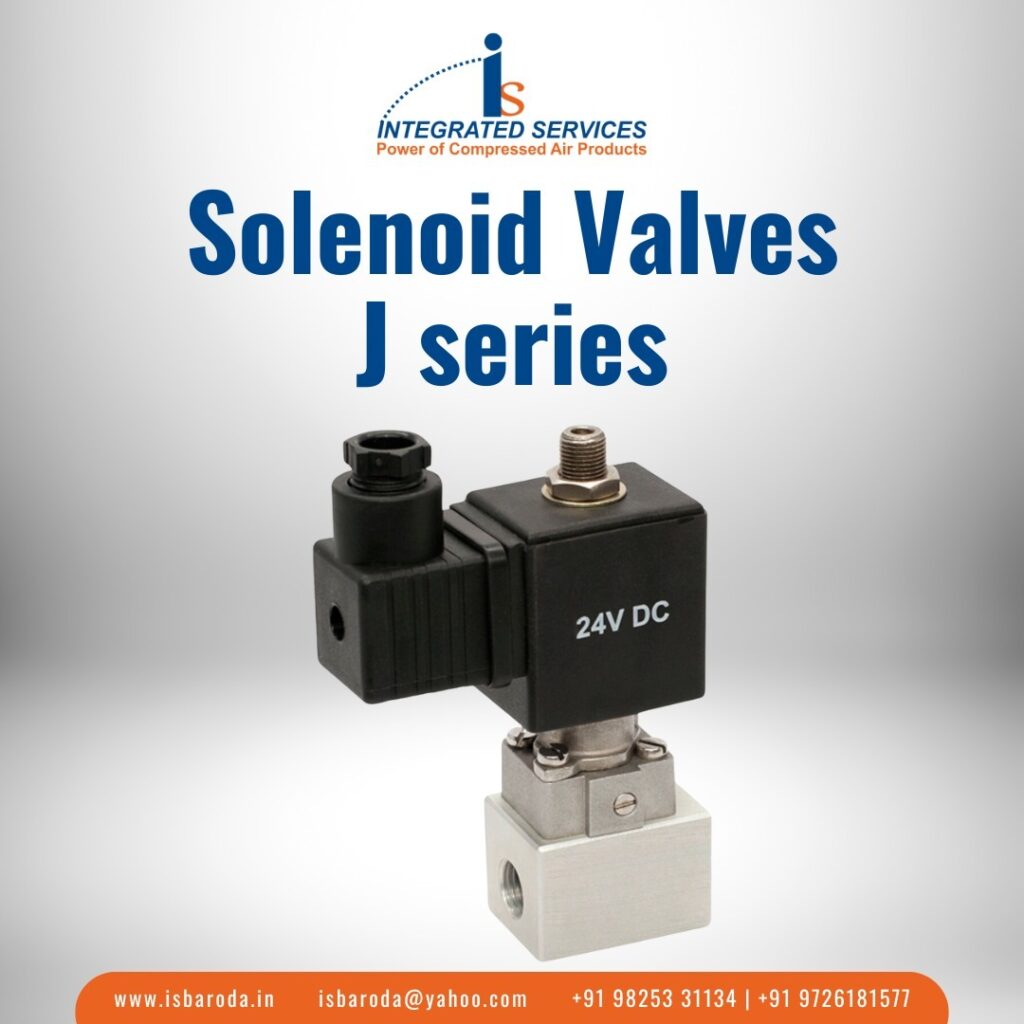Solenoid valves are essential components in many industrial and commercial applications. They are used to control the flow of fluids, such as water, air, and oil. Solenoid valves are typically operated by an electrical current, which activates a coil that opens or closes a valve.
Types of Solenoid Valves
There are many different types of solenoid valves, but they can be broadly classified into two categories:
Direct-acting solenoid valves: They have a single coil that directly opens or closes the valve.
Piston solenoid valves: These valves have a piston that is activated by a coil. The piston then opens or closes the valve.
Benefits of Using Solenoid Valves
Reliable: Known for their durability and long lifespan.
Efficient: Precise control over fluid flow.
Versatile: Suitable for various fluids and applications.
Easy to control: Simple electrical signals can operate the valve.
How to Choose the Right Solenoid Valve
When choosing a solenoid valve, it is important to consider the following factors:
The type of fluid that will be flowing through the valve
The pressure of the fluid
The flow rate of the fluid
The voltage of the electrical current
The size of the valve
Once you have considered these factors, you can choose the right solenoid valve for your application.
Conclusion
Solenoid valves are essential components in many industrial and commercial applications. They are reliable, efficient, versatile, and easy to control. If you are looking for a solenoid valve, be sure to consider the factors mentioned above to choose the right one for your needs.
Additional Resources
Solenoid Valve Manufacturers
Solenoid Valve Suppliers
Solenoid Valve Installation
Solenoid Valve Maintenance



